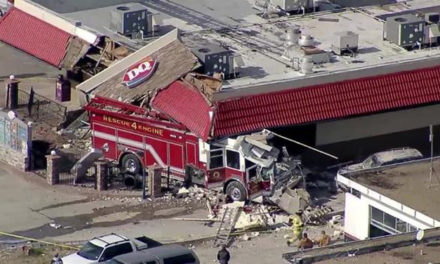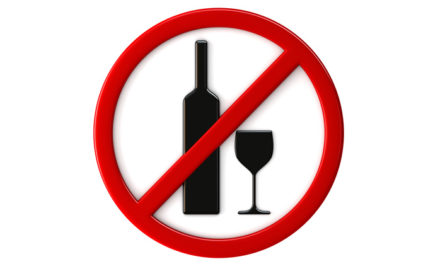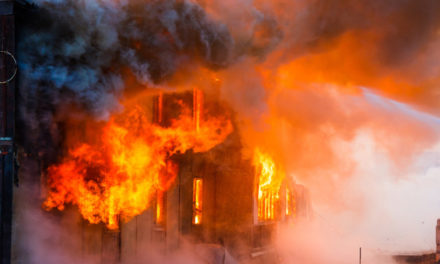 I read in the FireLawBlog that a Maine judge granted summary judgment to the local fire department in a suit brought by a building owner who claimed the fire chief allowed his building to burn because of a decades old grudge. The building owner had claimed that the fire chief had harbored a decades old grudge against him and intentionally let the building burn.
I read in the FireLawBlog that a Maine judge granted summary judgment to the local fire department in a suit brought by a building owner who claimed the fire chief allowed his building to burn because of a decades old grudge. The building owner had claimed that the fire chief had harbored a decades old grudge against him and intentionally let the building burn.
According to the Bangor Daily News web site, Justice William Stokes in a ruling issued Thursday stated that the town, its volunteer Fire Department and Chief Frank Ross have immunity from the lawsuit filed in February 2015 by Cecil Fogg, and his company, seeking $400,000 in damages caused by the fire.
Although the decision is not available at this time, the holding is based on facts, namely, that there was no reasonable factual basis to believe that the lost building was due to gross negligence or malfeasance, and that the Town, the volunteer fire department and the Chief were otherwise immune from liability.
In New York, members of volunteer fire companies are not civilly liable for any act done in the performance of their duties as volunteer fire fighters unless there gross negligence or malfeasance is proven.
General Municipal Law Sec. 205b provides in pertinent part:
Members of duly organized volunteer fire companies in this state shall not be liable civilly for any act or acts done by them in the performance of their duty as volunteer firefighters, except for wilful negligence or malfeasance.
If Fogg had sued in New York he might have proven a special bias which amounted to malfeasance. However, a decision regarding how to fight a fire, which does not rise to the level of willful negligence or malfeasance, is not going to trigger an exception to immunity. This is especially so if the fire department following voluntary standards issued by the NFPA and similar organizations.





